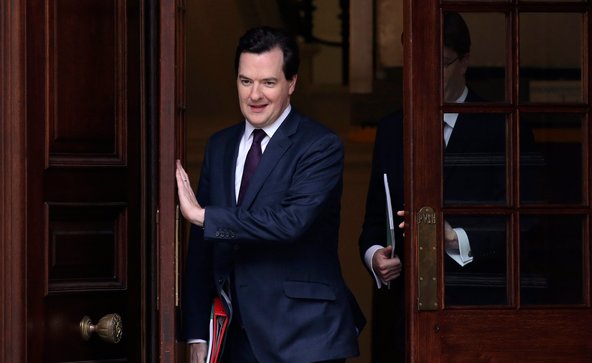Ms. Merkel’s remarks, in a television interview on Sunday night, reflected the anger throughout much of Europe, including Germany, over recent accounts of government surveillance by the United States National Security Agency. Those accounts, in government documents leaked by Edward J. Snowden, a former N.S.A. contractor, included the agency’s compilation of logs of virtually all telephone calls in the United States and its collection of e-mails of foreigners from the major American Internet companies, including Google, Facebook, Yahoo, Microsoft, Apple and Skype.
Those companies have already begun aggressive lobbying campaigns to stop or dilute tighter privacy rules, which they say would interfere with their business models and decrease profits and growth. The companies’ efforts are, in turn, supported by countries like England and Ireland that fear that such restrictions would hamper economic recovery.
Unlike many citizens in the United States, whose desire to prevent the kind of widespread terrorist attacks like those of Sept. 11, 2001, often trumps their concerns about privacy rights and government surveillance, Germans have experienced the corruption of those rights under the Nazis and later the Communist government of East Germany, making them far more sensitive to the issue. Until now, though, Germany has been slow to back an aggressive privacy initiative across Europe partly because the country’s laws are among the tightest in the bloc.
Ms. Merkel said she now believed that only a broader pact could be effective. “That has to be part of such a data privacy agreement because we have great regulation for Germany, but if Facebook is registered in Ireland, then it falls under Irish jurisdiction,” she said. “Consequently we need a common European agreement.”
Human rights groups in Germany and Austria, which has similarly strict rules guarding private information, have taken on the Internet giants over Facebook’s default settings on sharing personal data and Google’s scooping up of private information while mapping out German cities for its Street View service.
“What actually happens with data when they leave Germany to servers outside of the country, or Europe, where they fall under the jurisdiction of completely different regulations?” Ms. Merkel asked in the interview on Sunday with the public broadcast network ARD.
She pointed out that existing international accords on privacy protection were drawn up decades before the digital era, and she said she would meet in the coming days with her interior and justice ministers to draw up proposed regulations on data privacy that could apply across the entire 28-nation bloc.
Companies contacted by e-mail, including Google and Microsoft, did not immediately respond to requests for comment about Ms. Merkel’s remarks.
“We’re still investigating what she said, and in what context she said it,” said Lisa Randles, a spokeswoman for BSA, an alliance of software companies, including Apple and Microsoft
The European Union’s justice commissioner, Viviane Reding, who originally proposed rules overhauling and updating the bloc’s privacy standards in early 2012, praised “this commitment of Chancellor Merkel to strong and uniform E.U. data protection rules” in a statement on Monday in Brussels.
The N.S.A. revelations have placed an added political strain on Ms. Merkel, who polls suggest remains in a strong position before German elections in September but who is under increasing attack from opposition parties trying to use the matter to undercut her popularity.
“The question is whether this is part of election campaign tactics or something with real substance,” Jan Philipp Albrecht, a German member of the European Parliament who is the main sponsor of the legislation, said in a telephone interview on Monday. The legislation needs the Parliament’s approval to take effect.

Melissa Eddy reported from Paris, and James Kanter from Brussels.
Article source: http://www.nytimes.com/2013/07/16/world/europe/merkel-urges-europe-to-tighten-internet-safeguards.html?partner=rss&emc=rss
